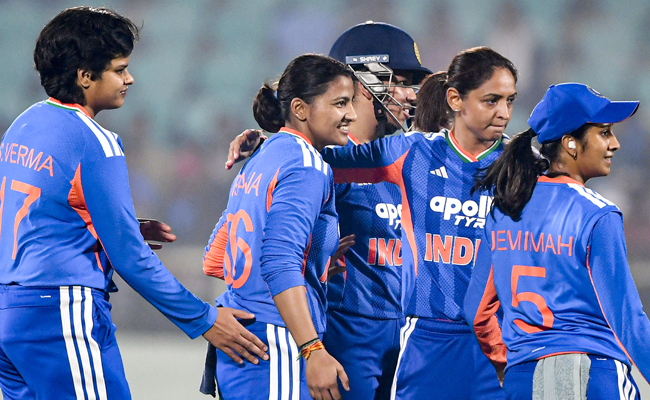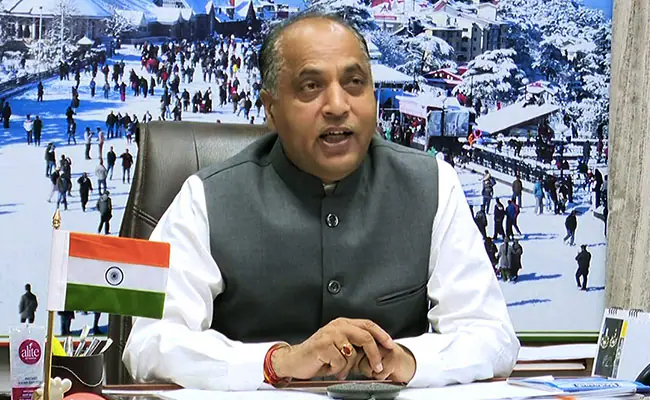Bengaluru: Three young tech enthusiasts from Bengaluru have devised an innovative method to bypass geographical restrictions on Apple’s AirPods Pro 2, enabling a hearing aid feature unavailable in India.
The feature, approved by the US Food and Drug Administration (FDA) in September and available in over 100 countries, remains blocked in India. When 24-year-old Rithwik Jayasimha purchased AirPods Pro 2 for his grandmother, he discovered the restriction. Determined to find a workaround, he joined forces with his school friends, Arnav Bansal and Rithwik Ribhu, both of whom also had grandmothers dependent on hearing aids.
At a lab in Koramangala, the trio developed a solution using a Faraday Cage made of aluminium foil, copper mesh, a microwave, and an ESP32 chip. The cage blocked Wi-Fi signals, while the chip allowed them to spoof the AirPods' location to San Francisco using an open-source Wi-Fi location database. This geo-spoofing tricked Apple’s operating system into activating the hearing aid feature.
According to Jayasimha, the feature is significantly more user-friendly and advanced compared to traditional hearing aids. "With these AirPods, I could adjust settings like sound loudness and brightness easily, eliminating the need for audiologist visits," he said.
The self-taught innovators have already helped over 30 people enable the feature, sharing their methods online and assisting others at their home-based lab, 'Lagrange Point.'
The trio has previously worked on solutions like water-cooled suits for delivery personnel during heatwaves and adaptive clothing for Parkinson’s patients. Their next project involves developing devices to detect microplastics in food and water.
While Apple has not commented on their initiative, the tech enthusiasts hope the hearing aid feature will soon receive regulatory approval in India.
Let the Truth be known. If you read VB and like VB, please be a VB Supporter and Help us deliver the Truth to one and all.
Visakhapatnam (PTI): Shafali Verma hit a blistering unbeaten 69 as India made short work of a paltry target to outclass Sri Lanka by seven wickets in the second Women’s T20 International here on Tuesday.
India now lead the five-match series 2-0 after another one-sided victory, having restricted Sri Lanka to a modest 128 for 9 through a collective display of disciplined bowling from the spin trio of seasoned Sneh Rana, ably complemented by young spinners Vaishnavi Sharma and Shree Charani.
During the chase, vice-captain Smriti Mandhana (14) fell cheaply but Shafali, enjoying new found confidence after a stellar show in the World Cup final, sent the bowlers on a leather-hunt during her 34-ball knock, winning it for her team in just 11.5 overs.
The hosts have now completed back-to-back successful chases within 15 overs which speaks volumes about the unit's sky-high confidence.
Shafali's innings had 11 punchy boundaries apart from a maximum.
The floodgates opened when left-arm spinner Inoka Ranaweera bowled a few flighted deliveries and Shafali would step out everytime to hit her over extra cover. Her footwork against slow bowlers was immaculate whether stepping out to loft the ball or rocking back to punch or pull.
Seeing her confidence, the newly appointed Delhi Capitals skipper Jemimah Rodrigues (26 off 15 balls) also attacked as the duo added 58 runs in just 4.3 overs.
By the time Rodrigues was out trying to hit one six too many, the match as a contest was over. Shafali completed her half-century off just 27 balls and completed the formalities in a jiffy.
Earlier, off-spinner Rana, who got a look-in after Deepti Sharma was ruled out due to fever, showed her utility keeping the Lankan batters under tight leash with figures of 1 for 11 in 4 overs, including a maiden which certainly is a rarity in T20 cricket.
Charani, who made an impression during India's ODI World Cup triumph, took 2 for 23 in her quota of overs, while Vaishnavi after an impressive debut in the opening encounter, finished with 2 for 32, not letting the Islanders get easy runs in her second spell.
The last six wickets fell for just 24 runs, but what stood out during India’s bowling effort was their superb ground fielding. After a patchy show in the previous game, the improved sharpness in the field resulted in three run-outs.
Sri Lankan skipper Chamari Athapaththu (31 off 24 balls) looked in good nick as she deposited length deliveries from seamers Kranti Gaud and Arundhati Reddy over the ropes but it was Rana, who kept her quiet by repeatedly pitching on good length.
Unable to manoeuvre the strike and with the big hits suddenly drying up, Athapaththu chanced her arm at another delivery in which Rana had shortened the length slightly.
Not having transferred the weight into the lofted shot, Athapaththu's hoick was pouched cleanly by Amanjot Kaur at long-off.
This was after Athapaththu's opening partner Vishmi Gunaratne (1) had offered a simple return catch to Gaud.
Hasini Perera (22 off 28 balls) and Harshitha Samarawickrama (33 off 32 balls) did stitch a stand of 44 but they could never set the tempo against the Indian spin troika.
Once Hasini offered a tame return catch off a Charani full-toss, Sri Lankans never recovered and lost wickets in a heap towards the end.





